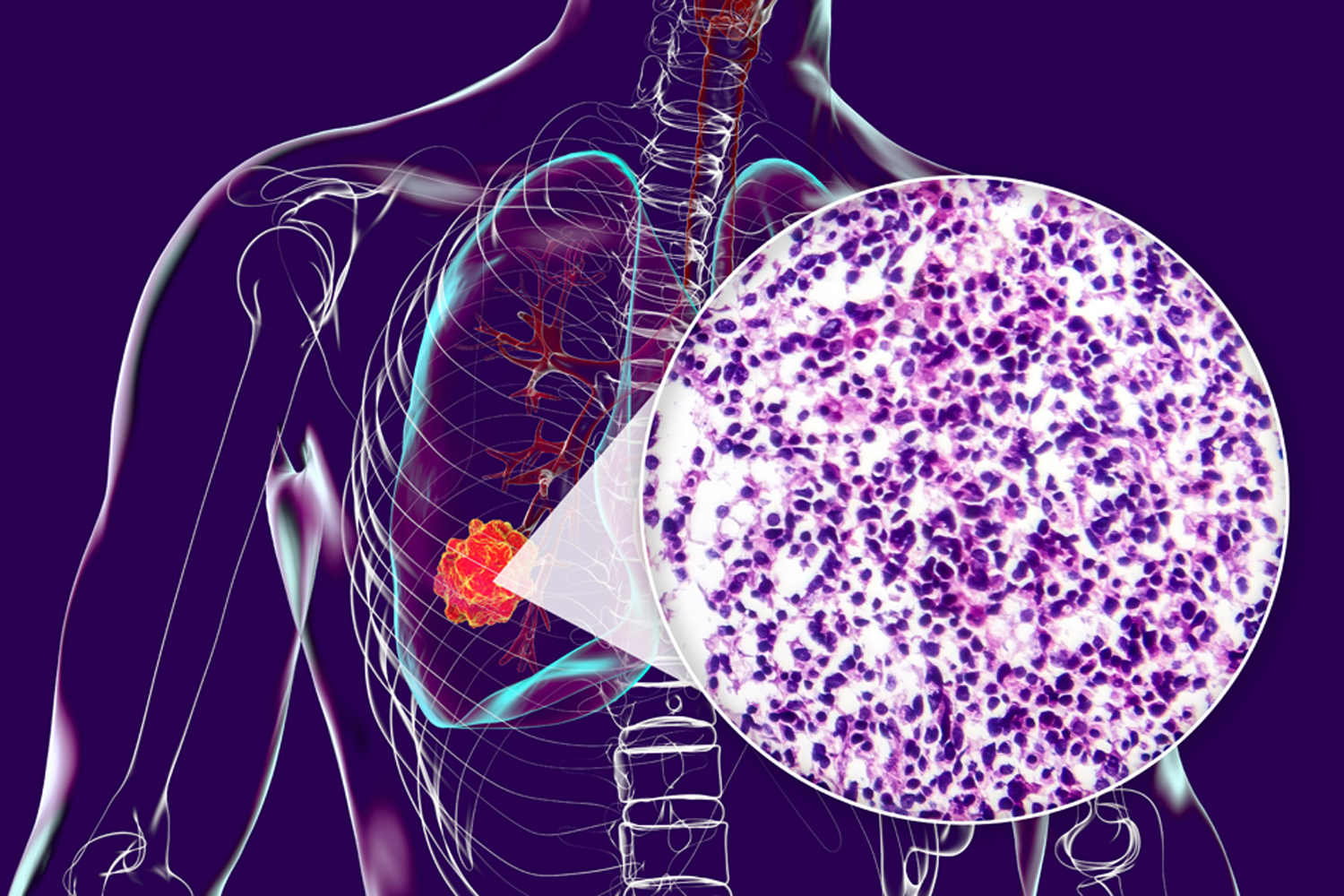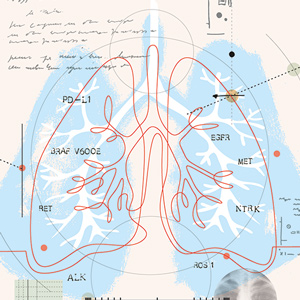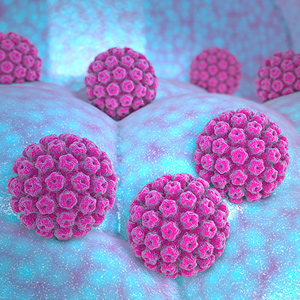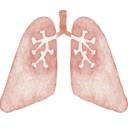-
Taking Drug Dosing Off Autopilot
Patient advocates with metastatic breast cancer argue that dosing of treatments for their disease should be more personalized and take into account quality of life.
by Marcus A. Banks
-
More Choices to Treat Lung Cancer
Advances in precision medicine and immunotherapy have led to better treatments for many patients with advanced lung cancer. But having a wider selection of therapies to choose from can make treatments more complex.
by Kendall K. Morgan
-
Forward Look
Creating More Inclusive Clinical TrialsThe Clinical Treatment Act aims to include more Medicaid recipients.
by Jen Tota McGivney
-
Healthy Habits
Ripe for the PickingAwareness of the link between cancer risk and a diet lacking fruits and vegetables has been declining.
by Carisa D. Brewster
-
Forward Look
Cancer Screening for the LGBTQ CommunityFear of discrimination may lead to lower screening rates.
by Tara Santora
-
Forward Look
What’s Next? Fall 2020A therapeutic vaccine targeting advanced cervical cancer.
by Anna Azvolinsky
-
Worth the Wait
Neoadjuvant therapy—using treatments such as chemotherapy, hormone therapy or radiation to shrink a tumor or treat unseen metastases before surgery—can improve outcomes for some patients.
by Sharon Tregaskis
-
From the Editor-in-Chief
Cancer in Minority PopulationsPaying attention to the social determinants of health will promote greater equity in cancer outcomes for all.
by William G. Nelson, MD, PhD
-
Facts and Stats
A Brief History of Checkpoint InhibitorsThe advent of checkpoint inhibitors has broadened the range of cancer patients able to take advantage of immunotherapy.
by Bradley Jones
-
Targeted Therapy for Early-Stage Lung Cancer?
A trial of the targeted therapy Tagrisso (osimertinib) for early-stage lung cancer finds that patients who take it go longer without having a cancer recurrence. Whether that should change clinical practice is under discussion.
by Ashley P. Taylor
Cancer Talk
Treatment Combination Improves Survival in EGFR-positive Lung Cancer
Adding chemotherapy to targeted therapy improves outcomes for people with advanced EGFR-positive non-small cell lung cancer.
by Sandra Gordon
Lessons From 20 Years Living With CancerMultiple myeloma survivor Jonathan Gluck reflects on uncertainty, and the scientific progress that has kept him living with cancer for more than two decades.
by Eric Fitzsimmons
The Enduring Importance of Cancer Disparities ResearchOpening session from AACR conference highlights how perseverance and adversity have informed cancer disparities research over the years.
by Eric Fitzsimmons
Most Cancer Survivors Don’t Meet Healthy Diet GoalsDespite research linking fruits and vegetables to cancer survival, many people do not change their eating habits after diagnosis.
by Darlene Dobkowski















